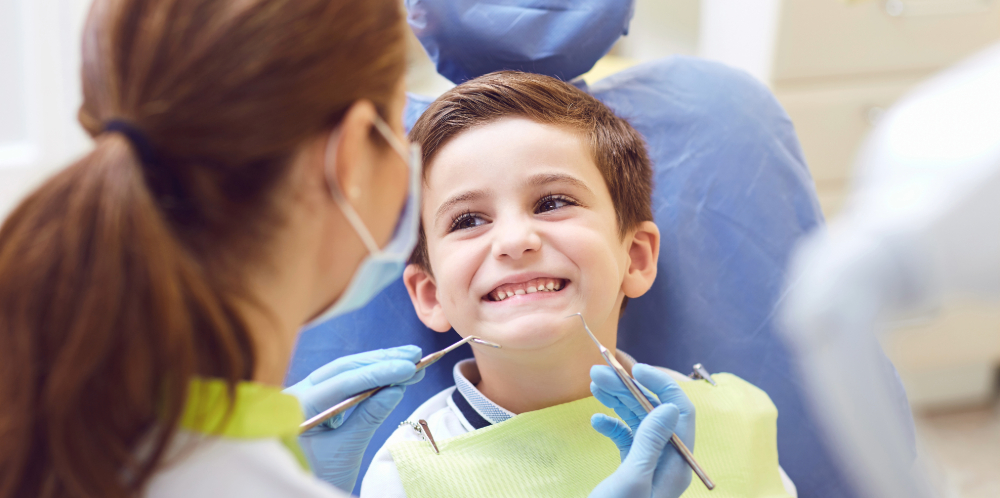Periodontal disease, also known as gum disease, is a serious condition that affects the gums and the bone supporting the teeth. If left untreated, it can lead to tooth loss and other health complications. At Freemon Dental in Woodstock, GA, we offer effective antibiotic treatment for periodontal disease as part of our comprehensive periodontal care. Our experienced team is committed to helping you achieve and maintain optimal oral health through targeted and advanced treatments.
First time visiting?
Visit the Patient Center to learn what to expect from your first visit, forms, financial policies, and frequently asked questions!


